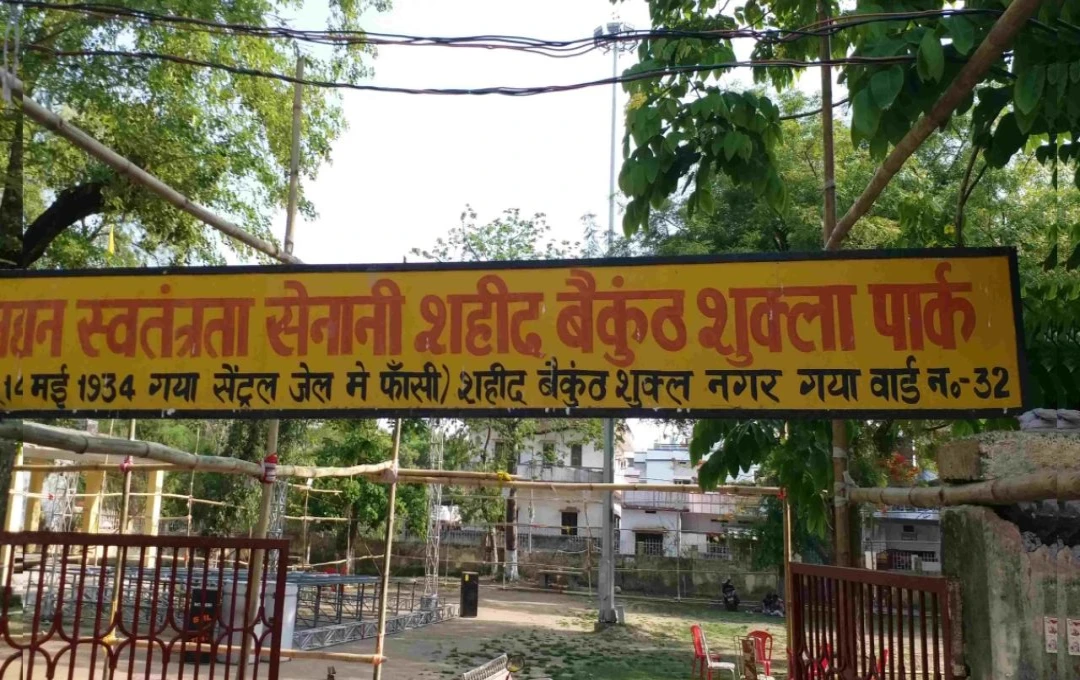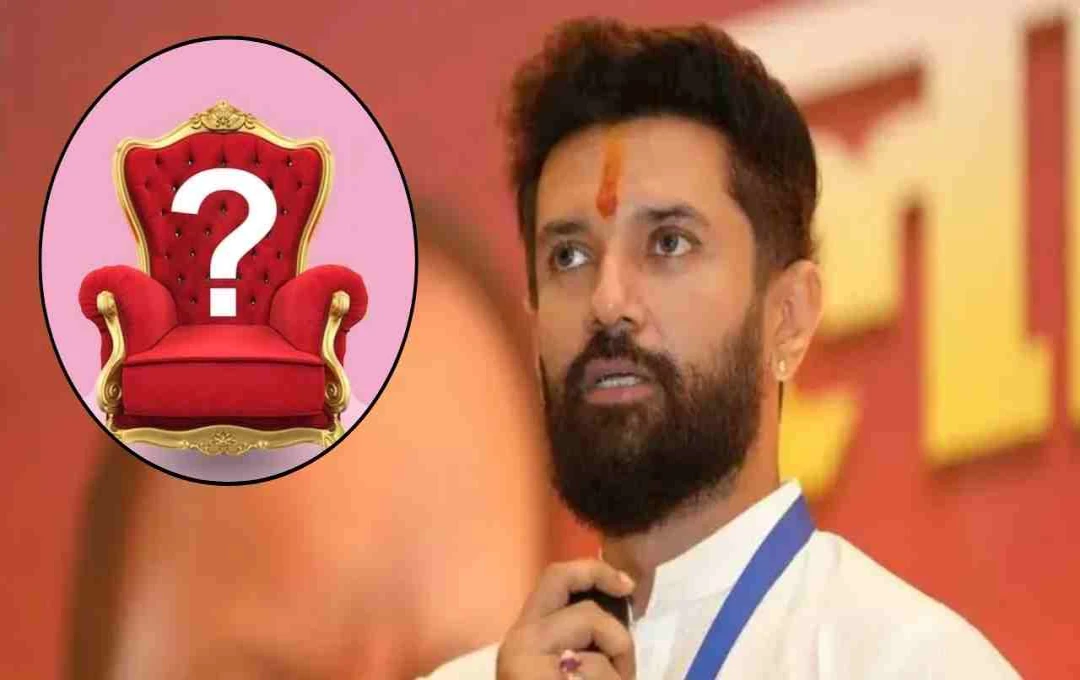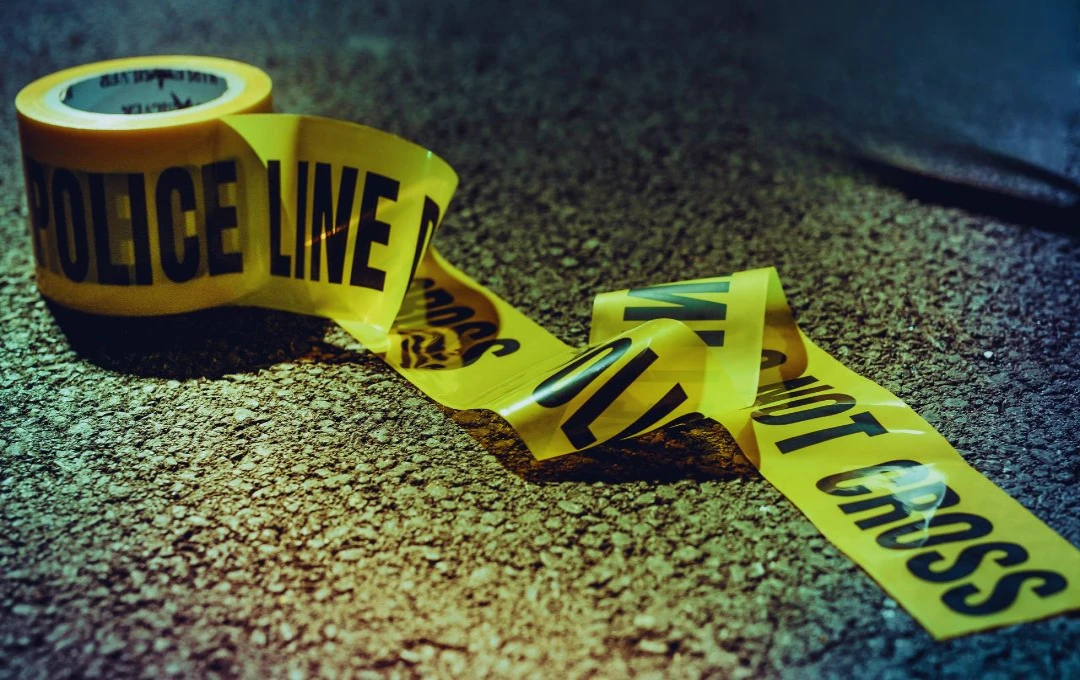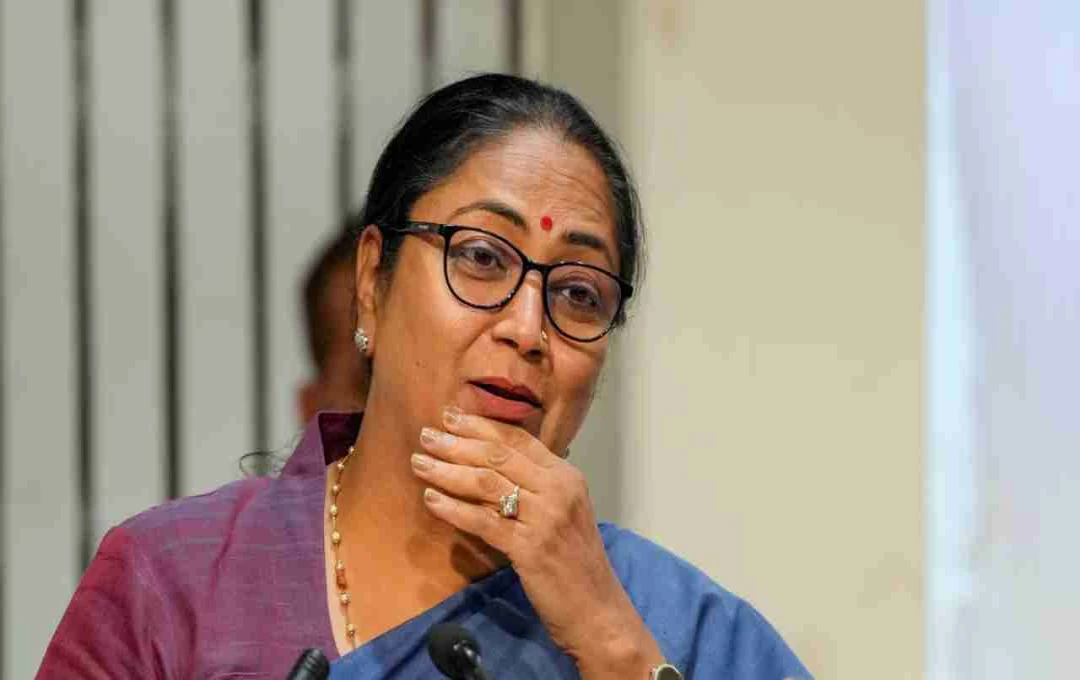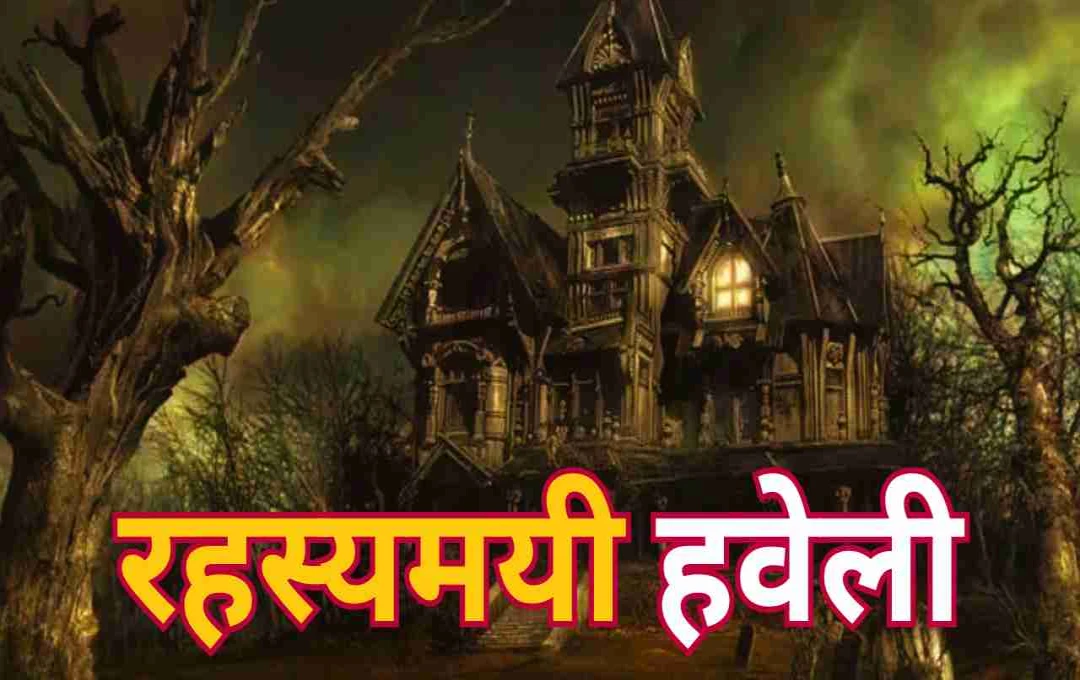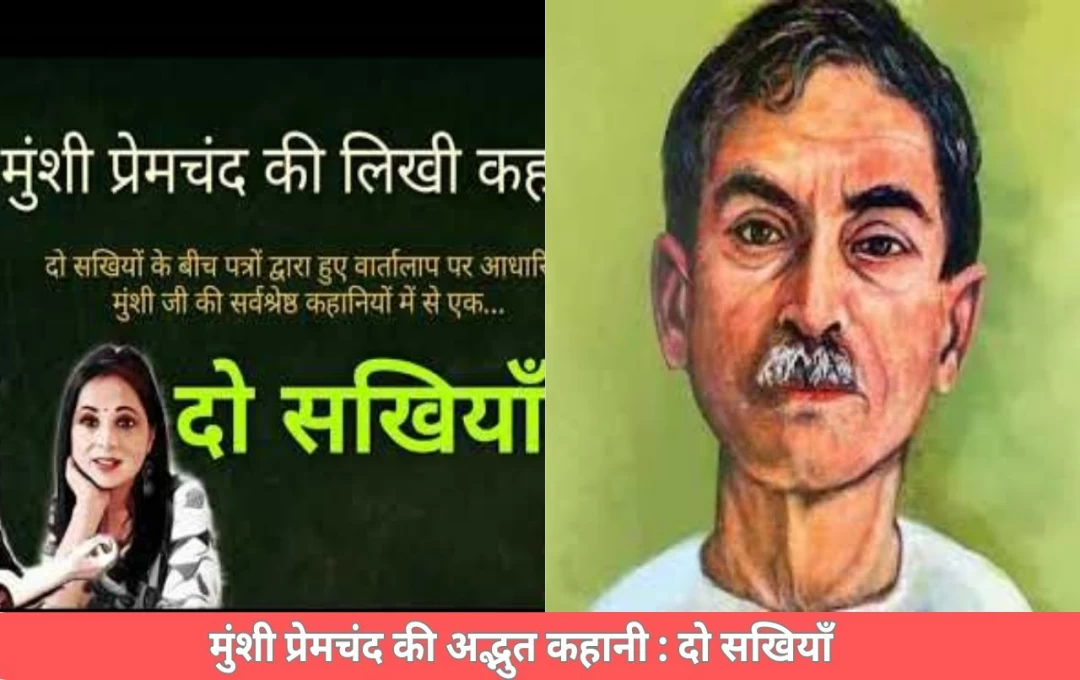Baikunth Shukla, hanged at Gaya Central Jail on May 14, 1934, at the young age of 27, met his demise in what was the jail's first and last execution. His sacrifice holds a significant place in the history of the Indian Independence struggle. Locals are now demanding that Gaya Central Jail be renamed in his honor, mirroring the practice in Muzaffarpur and Bhagalpur, where central jails are named after freedom fighters, thus paying tribute to his contributions.
Baikunth Shukla's Early Life and Contribution to the Independence Struggle
Baikunth Shukla was born in 1860 in Jalalpur village, Vaishali district. From a young age, he was inspired by the independence movement and soon became involved in revolutionary activities through his family member, Yogendra Shukla. Yogendra Shukla was active alongside Shaheed Bhagat Singh and Chandrashekhar Azad. The Gandhi Ashram in Hajipur served as a major hub for revolutionaries from across the country.
The Arrest of Bhagat Singh and Other Revolutionaries
On April 8, 1929, Shaheed Bhagat Singh, Rajguru, and Sukhdev detonated a bomb in the Delhi Assembly, aiming to make their voices heard against the British rule. Subsequently, the British government arrested hundreds of revolutionaries and subjected them to atrocities. Some revolutionaries, like Phanindra Nath Ghosh, succumbed to the British oppression and became government witnesses. Their testimony led to the arrest and conviction of Shaheed Bhagat Singh and many other revolutionaries.
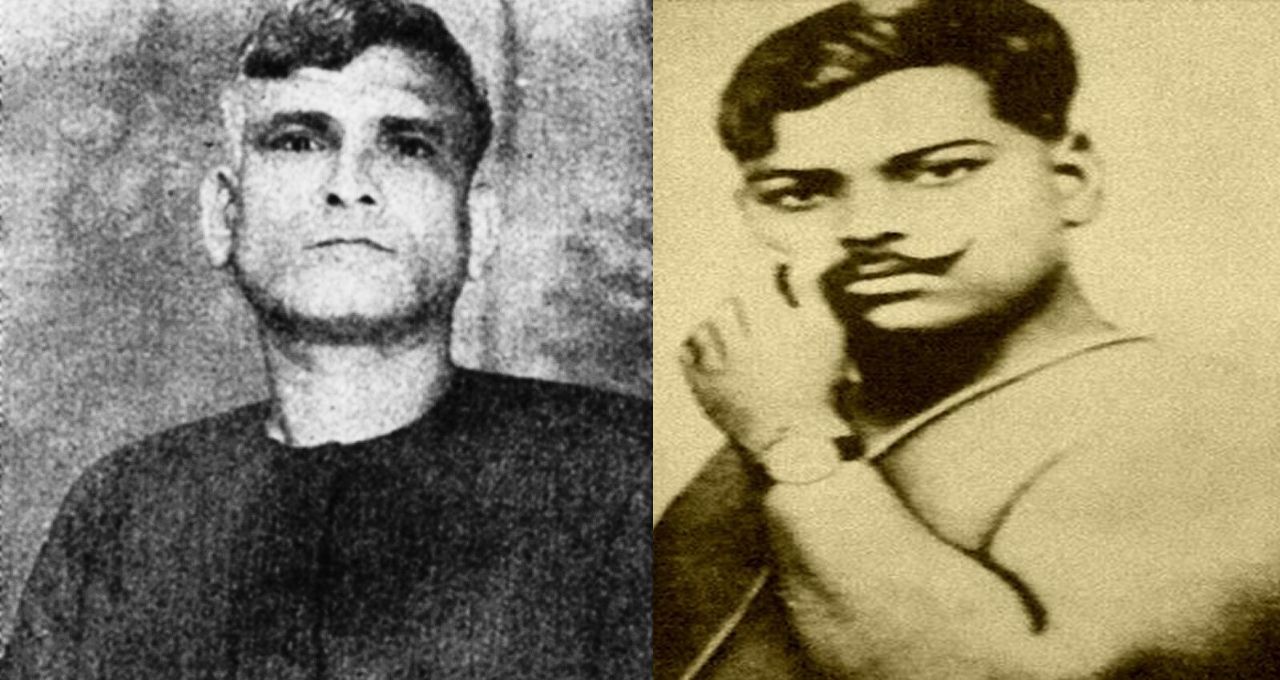
The Assassination of Phanindra Nath Ghosh
Baikunth Shukla and Chandrama Singh, risking their lives against the British regime, took the daring step of assassinating Phanindra Nath Ghosh. Ghosh had been sent to Bettiah for security reasons. Shukla and Singh cycled to Bettiah, apprehended Ghosh in Meena Bazaar, and killed him. The police, identifying their bicycle and dhoti left at the market, arrested both men and sent them to jail.
Baikunth Shukla's Martyrdom
During the trial, Baikunth Shukla, citing family reasons, silenced Chandrama Singh and took full responsibility for Phanindra Nath Ghosh's murder. He was subsequently sent to Gaya Central Jail, where he was hanged on May 14, 1934. His martyrdom symbolizes a powerful chapter in the Indian Independence struggle, where revolutionaries risked their lives for the nation's freedom. Baikunth Shukla's sacrifice continues to exemplify the courage and dedication of those freedom fighters who gave their lives against British rule.
Demand for Park Revitalization
Every year on May 14, events are held in Gaya to commemorate Baikunth Shukla's martyrdom. This year, the 90th martyrdom anniversary was observed at the Baikunth Shukla Park in Chanakyapuri, A.P. Colony, Gaya. Social workers and local citizens paid their respects.
However, the event highlighted the park's lack of essential amenities and lighting, causing inconvenience to visitors. Social workers Lalji Prasad, Ranjit Singh, and Gajendra Singh have urged the district administration, local representatives, and the state government to revitalize this historical park. They advocate for its beautification to honor the memories of martyrs, ensuring that the legacy of great freedom fighters like Baikunth Shukla is remembered by generations to come.
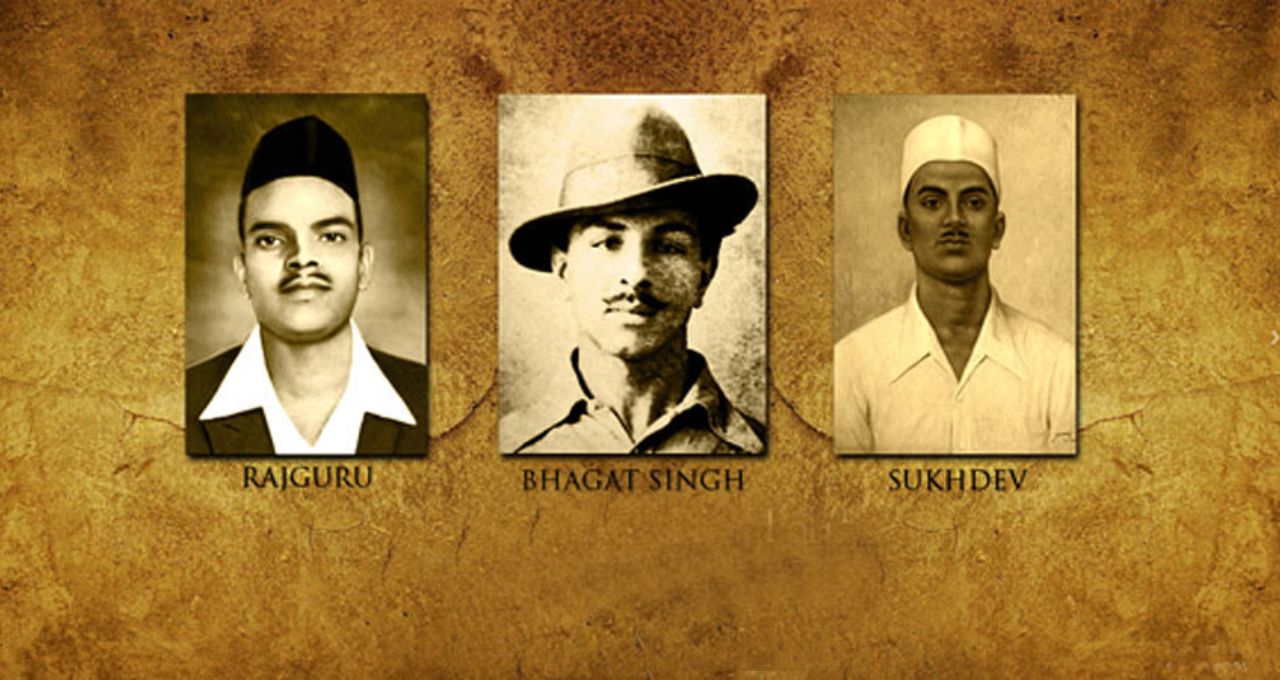
Key Points
- Baikunth Shukla was hanged on May 14, 1934, at the age of 27.
- This was the first and last execution at Gaya Central Jail.
- Baikunth Shukla's sacrifice holds a significant place in the history of the Independence struggle.
- Locals demand that Gaya Central Jail be renamed after Baikunth Shukla.
- On his 90th martyrdom anniversary, demands were made for the park's revitalization to honor his memory.
